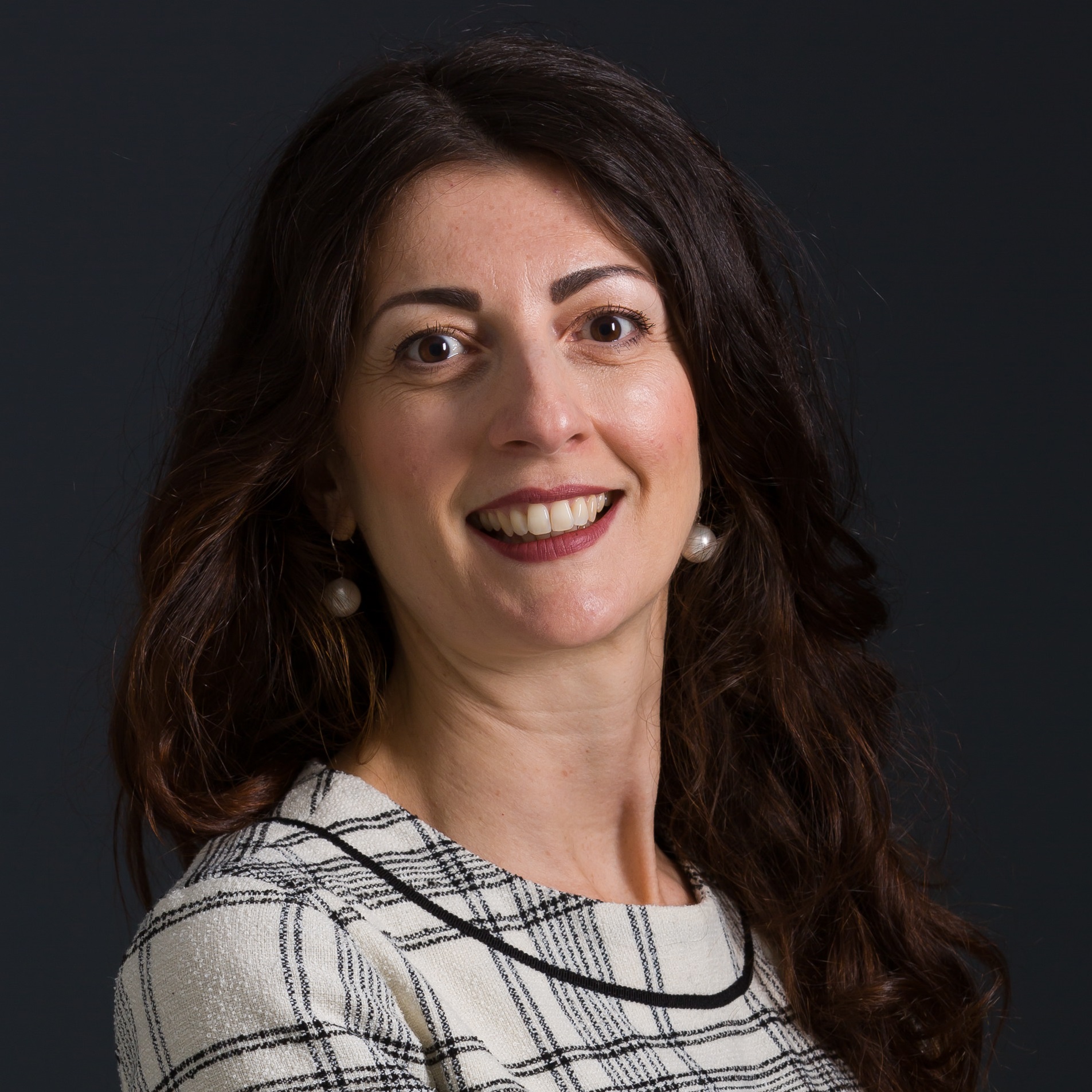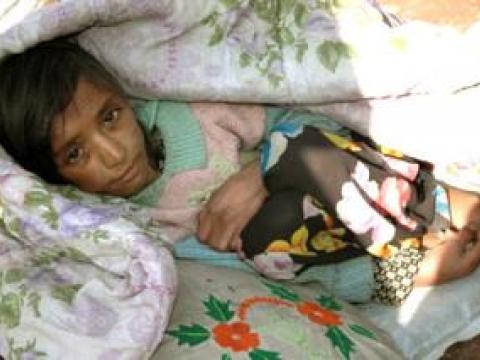
The “Moneypennies” of international development: a tribute
By Elena Gaia, Global Campaigns Director, World Vision International
Cover photo: Women work behind the scenes and in the shadows around the world, including in Angola. Brianna Piazza/World Vision
Picture a James Bond movie. Not the upcoming one whose release has been delayed. Picture your favourite (as a huge 007 fan, I have a hard time choosing).
What are the first images that come to your mind? Strong, fit and clever men. Sleek cars. High-tech gadgets. Intoxicatingly beautiful females. Q. M. Miss Moneypenny?
The secretary to M, James Bond’s boss and head of the British Secret Intelligence Service (MI6), Miss Moneypenny appears in all the books and movies of the series, and despite the de-facto powerful position she occupies (nothing ever gets done unless it goes through the boss’ secretary!) her character is not even given a first name in the books and in most of the movies.
There are similarities with the international aid sector. Historical founders of big aid agencies? They were men. United Nations Secretary Generals? All men, and I bet you can name at least one of them. Current heads of major aid agencies? Some women, but how many can you name?
Department directors, programme specialists, managers, officers and secretaries? Many women, but how many can I name? Too few to admit.
Earlier this year, in a thought-provoking reflection on the growing bureaucracy in the humanitarian sector, Dr Hugo Slim, until just recently the Head of Policy and Humanitarian Diplomacy at the International Committee of the Red Cross, reminisced about the early days of humanitarian action. It is quite easy to relate to his accounts of the young, dynamic and passionate pioneers, who could just get aid to people in need through sheer will, personal connections and guts. We all love a good old hero story and we’ve certainly been conditioned to think of the good old days when heroes “got things done”.
But is it an accurate, or appropriate, hero story if the heroes are mostly men, and mostly from donor countries? How many of those early days ‘aid cowboys’ were actually women? How many women were standing up in villages and communities around the world, to make sure medical supplies got through, food reached children, obstacles were overcome? I am willing to bet a large number, but we don’t hear about them. Why don’t we know more about women’s contribution to that start-up period of the global development system, not only from the forefront but from within and behind?
Today’s development and humanitarian’s system might have a lot of bureaucracy. But what if this bureaucracy and its meanders are the only way for young, dynamic, qualified women to gain employment, show their value and move up the ladder to leadership positions?
While we work hard to make our sector more agile and regain some of that charisma that Dr Slim rightly calls for, let us pay tribute today to the thousands of women labouring in the alleys of the complex international aid system. Women whose names we may not know, whose heroic daily exploits we may never see narrated in an exciting media story, but upon whom this system is wholly reliant: the ‘Moneypennies’ of international development. These are the women who, alongside their non-female colleagues, keep the pennies flowing to those who need them and ensure we stay accountable to those whom we have vowed to serve and those who generously support us.
On International Women’s Day 2020, I raise my glass to them! Wherever they are and whatever their title and function, they never cease to amaze me with their leadership, humility, innovation, endurance, diplomacy and dynamism.
Women like…
Ailene Sotelo, World Vision Global Director of Shared Services – thank you for making accounting and finance look like a bliss! We are blessed to have someone like you help manage World Vision’s finances wisely, so they benefit the most vulnerable children.
Persília Muianga de Gouveia, World Advocacy and Campaign Manager in Mozambique – thank you for your relentless advocacy to eradicate child marriage!
Lorna Maso, World Vision Papua New Guinea Gender and Social Inclusion Technical Coordinator – thank you for your patience and strength as you work to change minds and convince people to end violence against women and children in Papua New Guinea.
Codruta Barda, World Vision People and Culture Business Partner – your work reforming the orphanage system in Romania inspires so many of us.
And now over to you: who inspires you today, and why?


